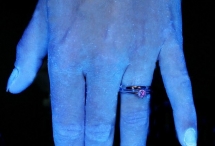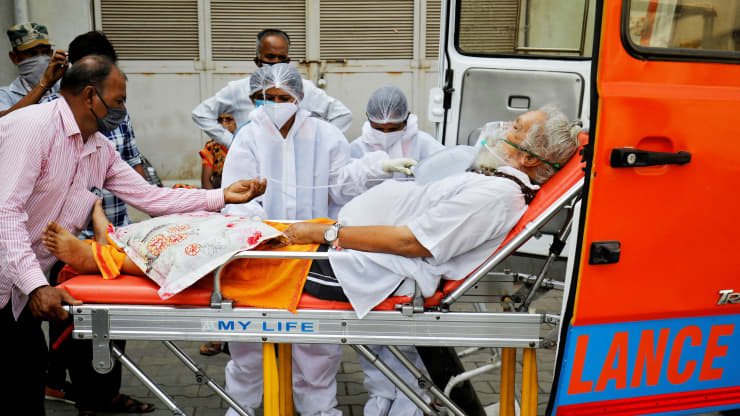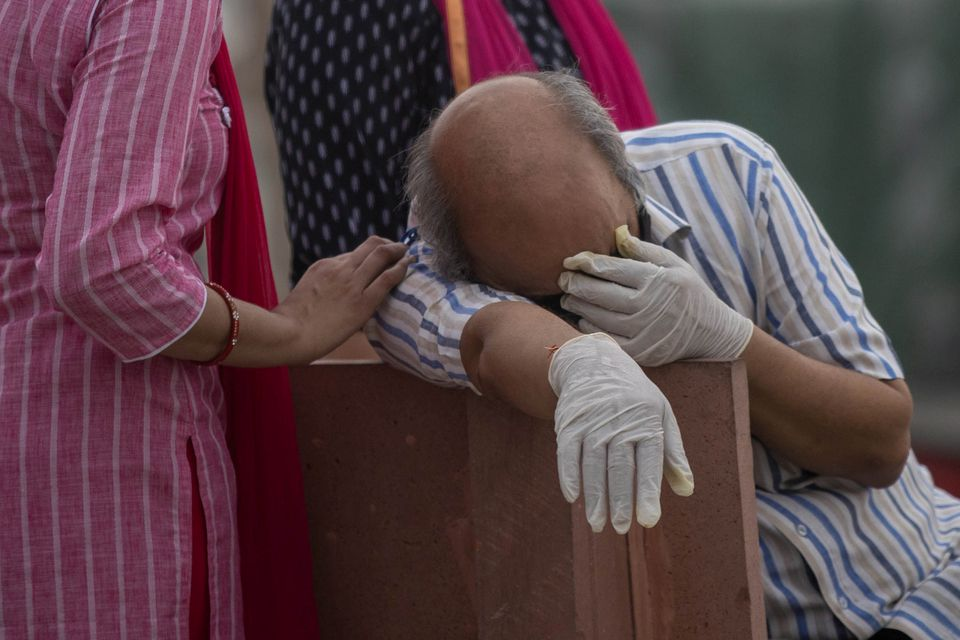A study shows that people with Type A blood may be more vulnerable to coronavirus
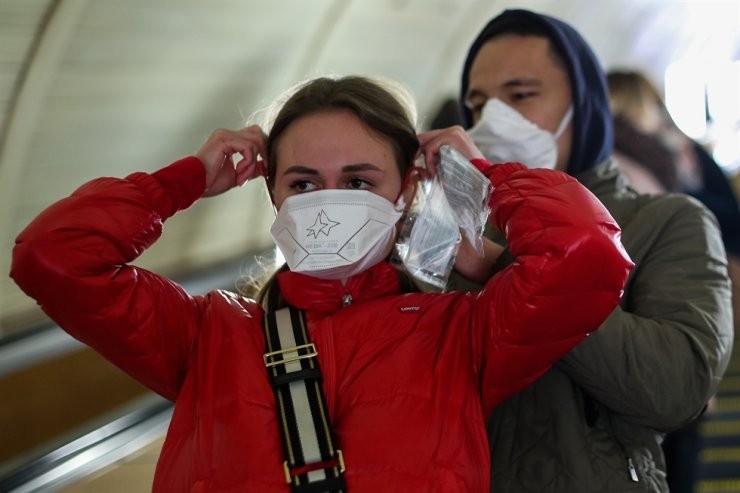 |
| A young woman puts on a face mask as she rides an escalator on the Moscow Underground. As of March 17, Russia had confirmed more than 100 cases of the novel coronavirus, with more than 50 cases in Moscow. Mikhail Tereshchenko/TASS |
A team of Chinese researchers, led by Wang Xinghuan from the Centre for Evidence-Based and Translational Medicine at Zhongnan Hospital of Wuhan University, conducted the study.
They took blood group patterns of patients in Wuhan and Shenzhen and compared them to local healthy populations. They found that blood type A patients showed a higher rate of infection and tended to develop more severe symptoms.
In the general population, type O blood (34 percent) is more common than type A (32 percent). But in the infected, this was reversed, with type O people at 25 percent and type A at 41 percent. The controversial correlation has yet to be scrutinised by other academics in peer review and the researchers are unable to explain why infection varies by blood type.
Researchers in China assessed 2,173 people who had been diagnosed with the coronavirus, including 206 people who died after contracting the virus, from three hospitals in Hubei.
Academics compared the data of the infected Wuhan patients with 3,694 non-infected people in the same region.
Of the 206 patients in the study who died, 85 had type A blood, equivalent to 41 per cent of all deaths.
In the healthy Wuhan population, a city of 11 million people, 34 per cent of people are type A.
In the study cohort, 52 of the people who died were type O, making up a quarter of all deaths. Under normal conditions just 32 per cent of people are type O.
The figures for all infections, not just deaths, are 26 per cent and 38 per cent for type O and type A, respectively.
The researchers point out that a larger study group would make the figures more reliable.
While the researchers noted that the study was preliminary and more work was needed, they urged governments and medical facilities to consider blood-type differences when planning mitigation measures or treating patients.
The coronavirus pandemic has infected almost 200,000 people and killed more than 7,800 worldwide. More than 3,000 deaths were in China, the disease's ground-zero.
"People of blood group A might need particularly strengthened personal protection to reduce the chance of infection," the researchers wrote. They said patients with type A blood might need to receive more vigilant surveillance and aggressive treatment.
The researchers add: 'It might be helpful to introduce ABO blood typing in both patients and medical personnel as a routine part of the management of Sars-CoV-2 and other coronavirus infections, to help define the management options and assess risk exposure levels of people'.
Gao Yingdai, a researcher with the State Key Laboratory of Experimental Haematology in Tianjin, told South China Morning Post: '[The study] may be helpful to medical professionals, but ordinary citizens should not take the statistics too seriously.
'If you are type A, there is no need to panic. It does not mean you will be infected 100 percent.
'If you are type O, it does not mean you are absolutely safe, either. You still need to wash your hands and follow the guidelines issued by authorities.'
The difference in blood groups depends on attachments to red blood cells called antigens. The presence, or absence, of these molecules dictates what blood type a person is.
Previous research has indicates people with types A, B and AB blood have an increased risk of coronary heart disease compared to people with type O blood.
Other research claims people with blood type A have a 24 per cent higher risk of heart attack than people than people with AB or O blood types./.
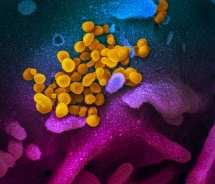 | NIH: New coronavirus can persist in air for hours and on surfaces for days New research finds that the virus that causes coronavirus disease 2019 (COVID-19) is stable for several hours to days in aerosols and on surfaces. |
 | Euro 2020 and Copa América postponed until 2021 The quadrennial championships, two of the most important events on the sport’s calendar, were scheduled for this summer but will now be moved to 2021 ... |
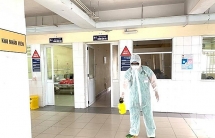 | Vietnam reports five new COVID-19 infections as entry of foreigners halted Vietnam reported 5 new coronavirus cases on Tuesday (Mar 17), raising the total to 66, said the Ministry of Health on March 17 evening. |
In topics
Recommended
 World
World
Pakistan NCRC report explores emerging child rights issues
 World
World
"India has right to defend herself against terror," says German Foreign Minister, endorses Op Sindoor
 World
World
‘We stand with India’: Japan, UAE back New Delhi over its global outreach against terror
 World
World
'Action Was Entirely Justifiable': Former US NSA John Bolton Backs India's Right After Pahalgam Attack
Popular article
 World
World
Nifty, Sensex jumped more than 2% in opening as India-Pakistan tensions ease
 World
World
Easing of US-China Tariffs: Markets React Positively, Experts Remain Cautious
 World
World
India strikes back at terrorists with Operation Sindoor
 World
World

